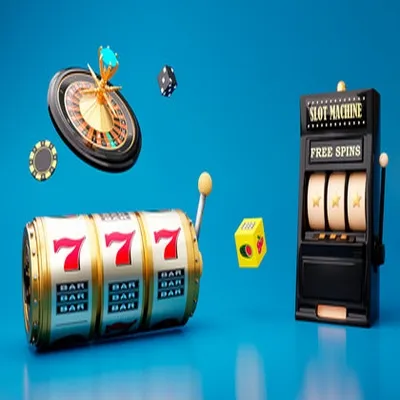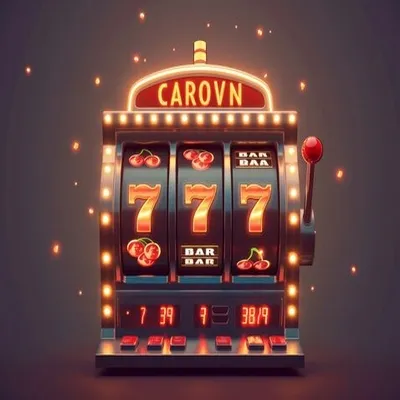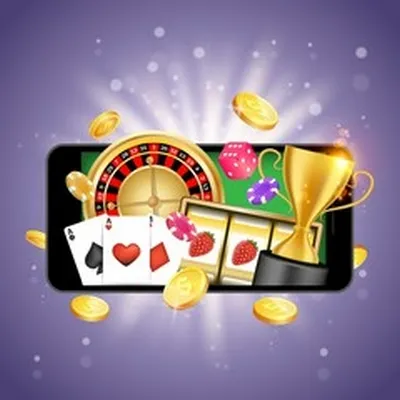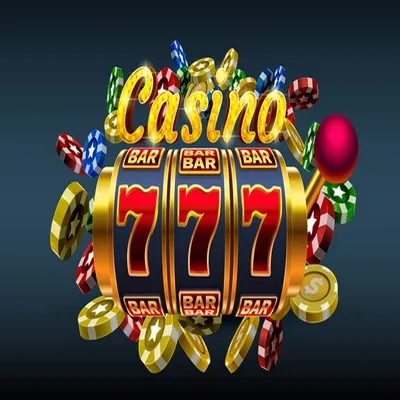apostas gratis sem deposito
$2364
apostas gratis sem depositoBetting companies are working closely with regulators to ensure that their betting platforms comply with data protection, anti-fraud, and anti-money laundering regulations. This is especially important given the increasing number of online transactions and the emergence of new betting platforms. Ensuring regulatory compliance not only builds trust with players but also contributes to the long-term and sustainable development of the online betting industry.
Finally, “legal betting” and “betting license” are important factors to ensure that players participate in reputable platforms and comply with legal regulations. Choosing platforms with legal licenses will protect players from unnecessary risks and ensure that betting games are fair. Keywords such as “legal betting”, “licensed bookmakers” or “reputable online casinos” will help players choose reliable and safe platforms.
Product description

apostas gratis sem depositoBetting on "Banker" has a higher winning rate of 45%, while betting on "Player" has a winning rate of about 44%. Betting on "Tie" has a very low winning rate but a high payout ratio (8:1).
Online betting on casino games remains one of the most popular options for those who love speed and thrill. Games like baccarat, blackjack, roulette, poker, and slot machines never cease to be attractive to players all over the world. However, to be able to win in these games, players need to understand the rules of the game, how to calculate the probability, and the appropriate betting strategy for each game.

Gambling, or betting, is an activity that humans have been involved in for thousands of years. From simple games to grand casinos and modern online sports betting, this industry has gone through a long journey of development. The following article will review important milestones in the history of the betting industry. Betting is not a new concept, but has existed since ancient civilizations. Archaeological evidence shows that, as early as the Babylonian and Egyptian periods, people participated in games of chance, often in forms of betting involving cards or dice games. Betting in Greece and Rome: Ancient Greek and Roman civilizations organized horse races and sports competitions, where people could bet on the outcome of events. Chariot races in Rome and arena sports were among the earliest forms of betting known to mankind. These games were not only part of the entertainment culture but were also associated with religious beliefs and rituals. Dice and card games were also used as a form of betting from this period, although there was no formal system or rules. Cards in particular appeared in China around the 9th century and gradually spread to other regions such as India and Europe. Betting flourished in Europe in the 17th and 18th centuries, when casino games began to become more popular. The first casino opened in Venice, Italy in 1638. This was the first place with formal betting organization and procedures. The first casinos mainly served the nobility and the wealthy, and were only open on special occasions such as festivals. The first casino in Venice (1638): The first casino opened in Venice, Italy in 1638. This was the first place with formal betting organization and procedures. The first casinos catered mainly to the nobility and the wealthy, and were only open on special occasions such as festivals. Horse racing betting: Horse racing was one of the first popular forms of sports betting and began to become part of the betting culture in Europe in the 18th century. The first horse races were held in England, where a strong horse racing industry developed, with famous races such as The Derby. Gambling and sports competitions: In the 19th century, gambling games at casinos and sports competitions such as football and horse racing began to become popular events that people bet on. In the 20th century, the betting industry continued to thrive, especially after countries began to legalize and regulate the industry. The city of Las Vegas in the United States emerged as the "gambling capital" of the world in the 1930s when Nevada legalized casino games. Las Vegas casinos have become an icon of the gambling industry, attracting tourists and gamblers from all over the world. Famous venues such as the Bellagio, Caesars Palace and The Venetian have become symbols of luxury and the gambler's lifestyle. Sports betting officially flourished in the 1940s and 1950s, especially in Las Vegas casinos. Sports such as football, basketball, and horse racing began to attract the attention of bettors. By the late 20th century, sports betting had gone beyond entertainment and had become a professional industry with major organizations and tournaments, such as the Super Bowl (USA) and the Premier League (UK).
In Vietnam, the lottery is one of the most popular types of lottery, held daily in provinces and cities across the country. In the lottery, players choose 6 numbers from 01 to 99 and buy tickets worth from a few thousand to a few tens of thousands of dong. The draws take place regularly, and the winning rate of the lottery is quite high compared to international lotteries. The lottery not only brings the opportunity to win prizes but also contributes to raising funds for national development projects, so it is considered a form of lottery with a very high community spirit.










